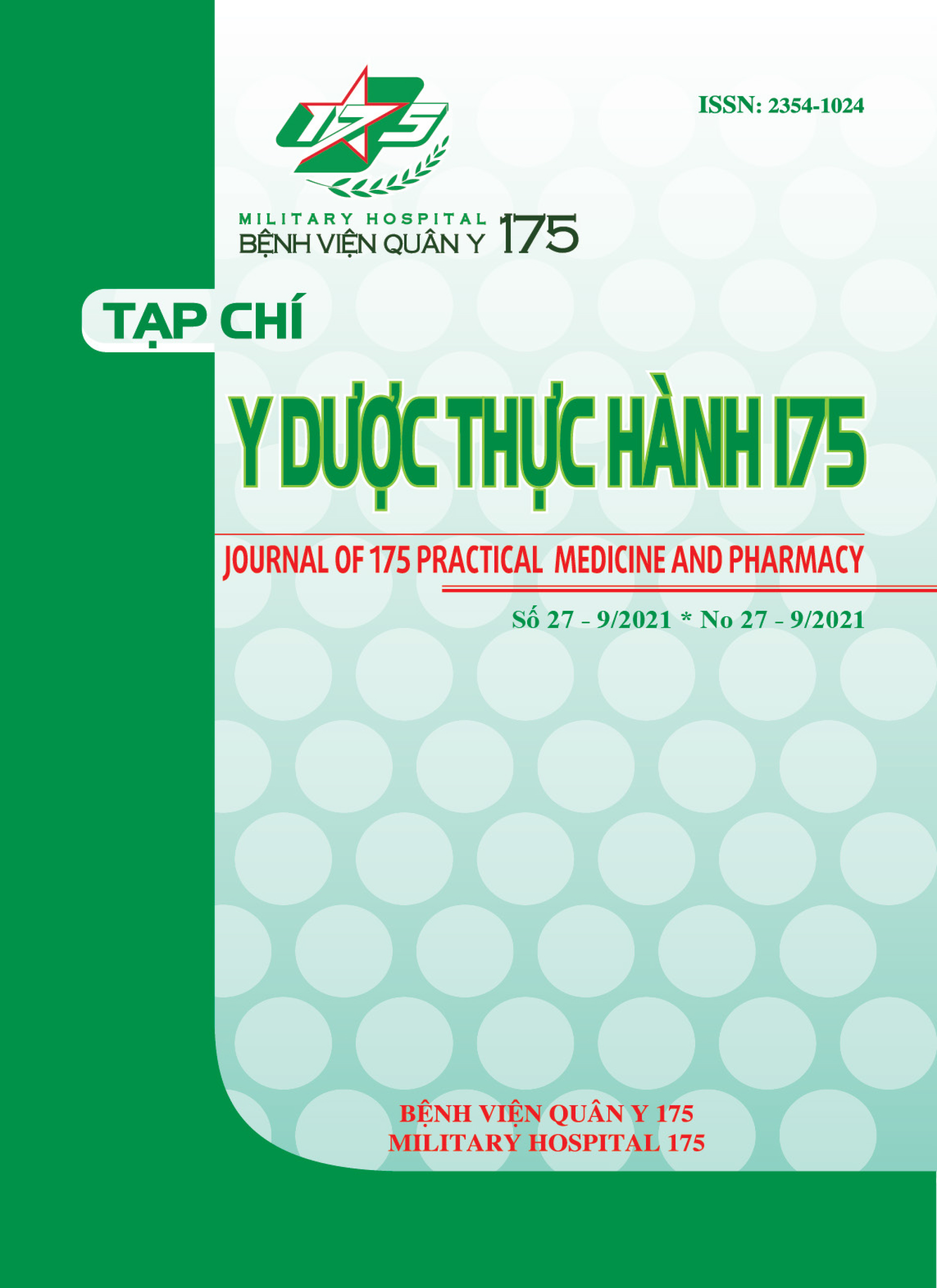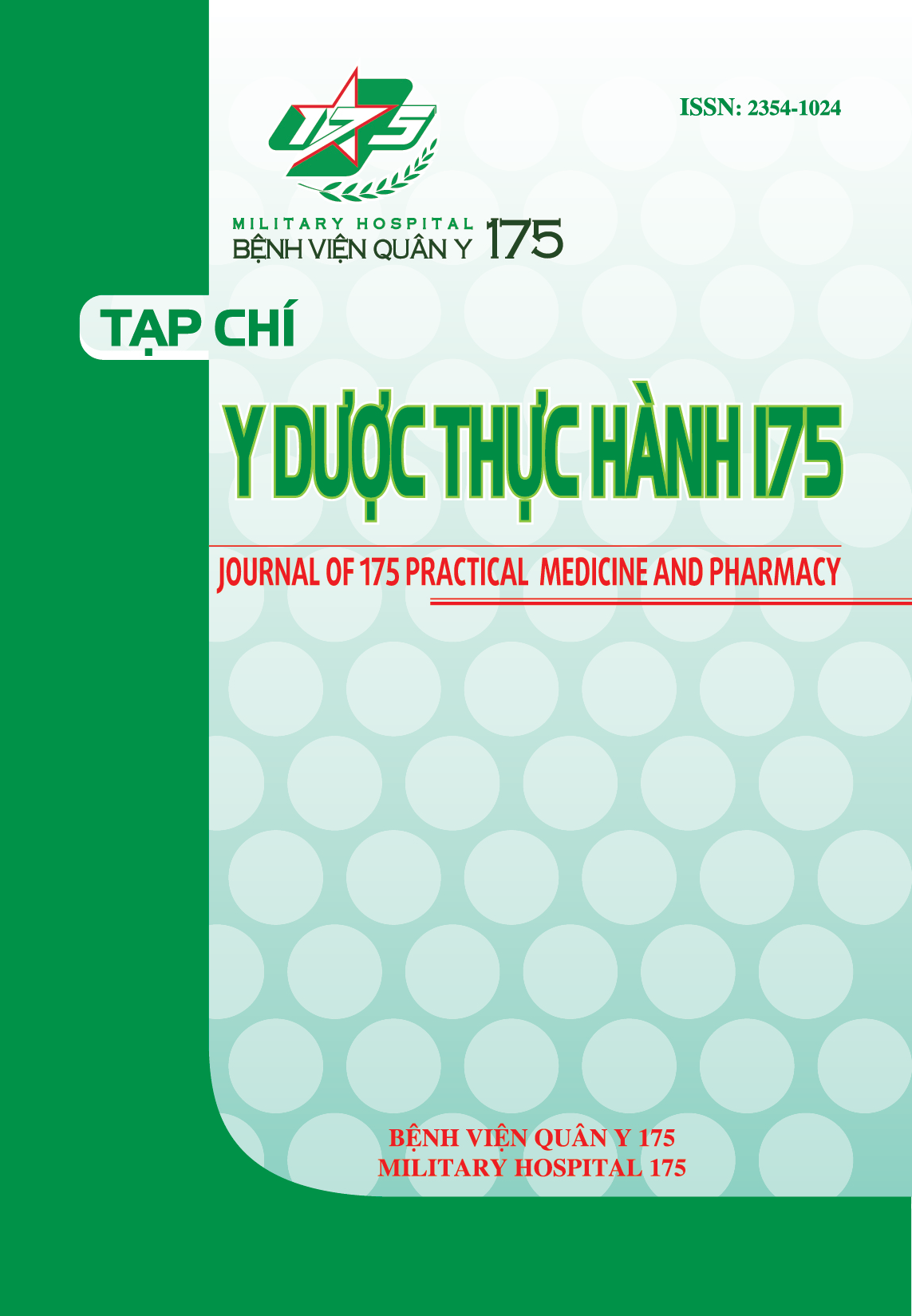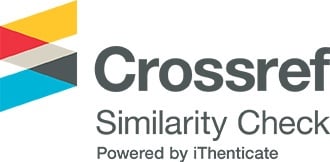NGHIÊN CỨU SỰ BIẾN ĐỔI NỒNG ĐỘ HORMON TSH, FT3, FT4 TRÊN BỆNH NHÂN SA SÚT TRÍ TUỆ
Các tác giả
DOI: https://doi.org/10.59354/ydth175.2021.96Từ khóa:
sa sút trí tuệ, suy giảm nhận thức nhẹ, bệnh Alzheimer, hormon tuyến giápTài liệu tham khảo
Z. S. Tan, R. S. Vasan (2009) “Thyroid function and Alzheimer’s disease”. J Alzheimers Dis, 16 (3), 503-7.
B. B. Yeap, H. Alfonso, S. A. Chubb, G. Puri, G. J. Hankey, L. Flicker, et al. (2012) “Higher free thyroxine levels predict increased incidence of dementia in older men: the Health in Men Study”. J Clin Endocrinol Metab, 97 (12), E2230-7.
L. A. van Osch, E. Hogervorst, M. Combrinck, A. D. Smith (2004) “Low thyroid-stimulating hormone as an independent risk factor for Alzheimer disease”. Neurology, 62 (11), 1967-71.
Dale Bredesen (2017) The end of Alzheimer’s: The first program to prevent and reverse cognitive decline, Penguin,
David S. Cooper, Mary H. Samuels (2020) “Hyperthyroidism and Dementia”. Thyroid, 30 (5), 648-650.
AK Thakur, P Kamboj, K Goswami (2018) “Pathophysiology and management of alzheimer’s disease: an overview”. J Anal Pharm Res, 9 (2), 226- 235.
Isabela M Benseñor, Paulo A Lotufo, Paulo R Menezes, Márcia Scazufca (2010) “Subclinical hyperthyroidism and dementia: the Sao Paulo ageing & Health study (SPAH)”. BMC public health, 10 (1), 1-8.
Longfei Jia, Yifeng Du, Lan Chu, Zhanjun Zhang, Fangyu Li, Diyang Lyu, et al. (2020) “Prevalence, risk factors, and management of dementia and mild cognitive impairment in adults aged 60 years or older in China: a cross-sectional study”. The Lancet Public Health, 5 (12), e661-e671.
Stefano Mariotti, Giuseppe Barbesino, Patrizio Caturegli, Luigi Bartalena, Paolo Sansoni, Francesco Fagnoni, et al. (1993) “Complex alteration of thyroid function in healthy centenarians”. The Journal of Clinical Endocrinology & Metabolism, 77 (5), 1130-1134.
Yue Wu, Yuqing Pei, Fei Wang, Danfei Xu, Wei Cui (2016) “Higher FT4 or TSH below the normal range are associated with increased risk of dementia: a meta-analysis of 11 studies”. Scientific reports, 6 (1), 1-8.
Jae-Min Kim, Robert Stewart, Seon-Young Kim, Kyung-Yeol Bae, Su-Jin Yang, Sung-Wan Kim, et al. (2010) “Thyroid stimulating hormone, cognitive impairment and depression in an older Korean population”. Psychiatry investigation, 7 (4), 264.
Sylvia Annerbo, Lars-Olof Wahlund, Johan Lökk (2006) “The significance of thyroid-stimulating hormone and homocysteine in the development of Alzheimer’s disease in mild cognitive impairment: a 6-year follow-up study”. American Journal of Alzheimer’s Disease & Other Dementias®, 21 (3), 182-188.
F. J. de Jong, K. Masaki, H. Chen, A. T. Remaley, M. M. Breteler, H. Petrovitch, et al. (2009) “Thyroid function, the risk of dementia and neuropathologic changes: the Honolulu-Asia aging study”. Neurobiol Aging, 30 (4), 600-6.
Q Miao, S Zhang, YH Guan, HY Ye, ZY Zhang, QY Zhang, et al. (2011) “Reversible changes in brain glucose metabolism following thyroid function normalization in hyperthyroidism”. American Journal of Neuroradiology, 32 (6), 1034-1042.
Tải xuống
Tải xuống: 119










